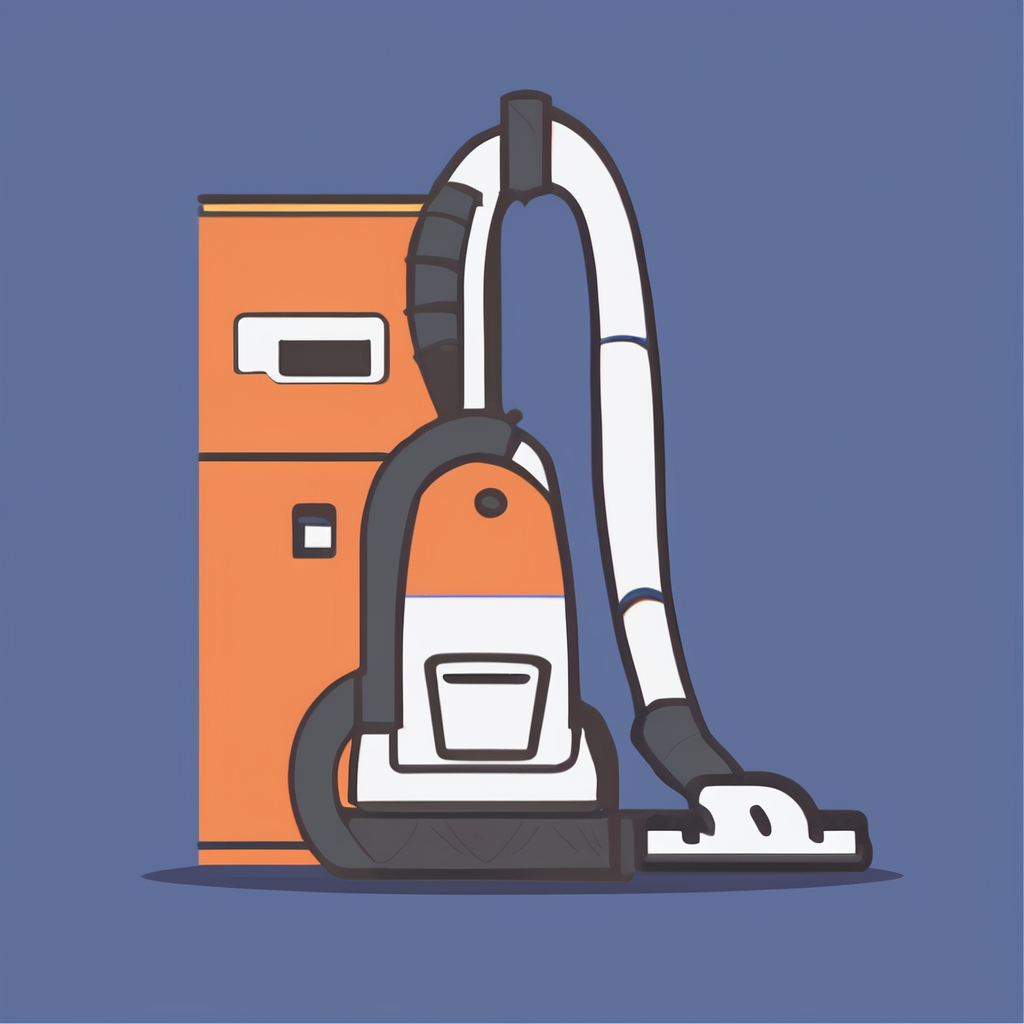Assessing the Value Added by a Home Swimming Pool
Adding a home swimming pool can certainly impact property value increase, but the effect varies widely based on location and market conditions. In warmer climates or areas where pools are common, a well-maintained pool is often seen as a strong asset. Experts suggest that a pool can add between 5% and 15% to a home’s market value, depending on its size, features, and how it complements the property.
However, the financial impact is not solely positive. Pools require ongoing maintenance costs, which may deter some buyers, potentially offsetting their appeal. Homeowners should consider local market trends closely; in some regions, having a pool is a standard expectation, while in others it may be viewed as an unnecessary expense.
Also read : How can you create a multi-seasonal UK swimming pool experience?
Another important home swimming pool benefit is lifestyle enhancement, which, although intangible, can indirectly boost perceived property value. Real estate professionals emphasize that pools add luxury appeal and may shorten time on market if aligned with buyer preferences.
When contemplating a pool installation, evaluating neighborhood norms and consulting real estate experts can help clarify the financial impact and property value increase you might expect in your specific area.
Also read : What are the latest technologies for heating UK home swimming pools?
Key Factors That Influence the Value Contribution of a Pool
Understanding the factors affecting pool value begins with recognizing how pool type plays a crucial role. Above-ground pools provide simpler, lower-cost options but often contribute less to property value compared to in-ground pools, which are generally seen as more desirable. Among in-ground pools, the material—such as concrete, vinyl, or fiberglass—further influences buyer interest and resale value. Larger pools or custom designs can enhance aesthetic appeal, but the style must align with the home’s architecture to maximize value.
Location impact cannot be overstated. Pools in regions with warmer climates are far more valuable because they can be used extensively year-round. Conversely, in cooler areas, pools might be regarded as maintenance burdens rather than assets. Proximity to community amenities and the local real estate market conditions also sway the pool’s value contribution.
Investing in professional maintenance directly affects the pool maintenance value. A well-maintained pool signals care and reduces future repair costs for prospective buyers. Regular upkeep, balanced water chemistry, and functional equipment help preserve both the pool’s appearance and operational condition, ultimately supporting higher appraisal values. Therefore, pool condition, influenced by consistent professional maintenance, is an essential factor in valuation.
Weighing Advantages and Disadvantages of Pool Ownership
Owning a swimming pool brings several pros and cons that homeowners must carefully evaluate. A key advantage is the enhancement of lifestyle, offering a private space for relaxation, exercise, and social gatherings. Pools can also increase the value of a property, making it an attractive feature for potential buyers who prioritize recreational amenities. Moreover, the presence of a pool often promotes outdoor activity and can contribute positively to physical and mental well-being.
However, owning a pool entails important homeowner considerations. Maintenance costs are a significant downside, including expenses for cleaning, chemicals, repairs, and winterizing. Pools also pose safety risks, especially for families with young children, necessitating secure fencing and constant vigilance. Additionally, pools require time and commitment to upkeep, which can be a burden for busy homeowners.
From a property resale perspective, pools can be a double-edged sword. While some buyers appreciate the amenity, others view a pool as an added expense or liability, potentially limiting the market or prolonging the resale process. Understanding local market preferences is crucial, as pools might extend or reduce resale timing depending on buyer demand. Balancing these factors helps homeowners make informed decisions about investing in a swimming pool.
Calculating Return on Investment for a Home Swimming Pool
Understanding the financial impact of your pool investment
When assessing pool ROI, it’s crucial to balance installation costs against the added home value and ongoing expenses. Initial outlays typically include pool construction, landscaping, and permits, which can vary widely. Maintenance costs follow, covering chemicals, cleaning, and occasional repairs.
Recent real estate investment with pools data suggests an average return rate ranging from 50% to 70% of installation costs. However, this varies by location, pool type, and market demand. High-demand areas with warm climates tend to yield better home improvement returns, as pools become more desirable amenities.
Several factors influence how quickly homeowners recoup their investment. These include the pool’s size and design, neighborhood preferences, and overall property condition. A well-maintained, aesthetically pleasing pool can increase sale appeal, while poorly maintained pools may detract buyers.
For example, a suburban home with a modern inground pool might see a 60% pool ROI within five years. Meanwhile, in cooler climates, the return might be lower due to limited seasonal use.
By carefully estimating installation and ongoing expenses alongside market trends, homeowners can make informed decisions about adding a pool and anticipate realistic home improvement returns. This strategic approach helps maximize real estate investment with pools.
Strategies to Maximize Property Value with a Pool
Maximizing pool value involves selecting the right pool features and amenities that appeal to potential buyers. Popular upgrades like energy-efficient pumps, automated cleaning systems, and attractive lighting not only enhance enjoyment but also add measurable value. Choosing durable materials and finishes ensures the pool remains appealing over time, which is crucial for property resale.
Keeping up with regular repairs and upgrades plays a critical role in maximizing pool value. Addressing cracks, leaks, and worn-out equipment promptly prevents costly damage and maintains safety standards. Incorporating energy-efficient technology reduces utility costs, a feature highly appreciated by buyers interested in both comfort and affordability. Efficient heaters and solar covers are practical upgrades that enhance this aspect.
When listing your home for sale, effectively marketing the pool’s benefits can differentiate your property. Highlight features such as low maintenance, family-friendly designs, or potential for entertaining. Clear, high-quality visuals showcasing a well-maintained pool area help buyers visualize lifestyle opportunities. Emphasizing both the aesthetic and practical advantages ensures your pool stands out as a valuable asset, boosting your property resale potential.


